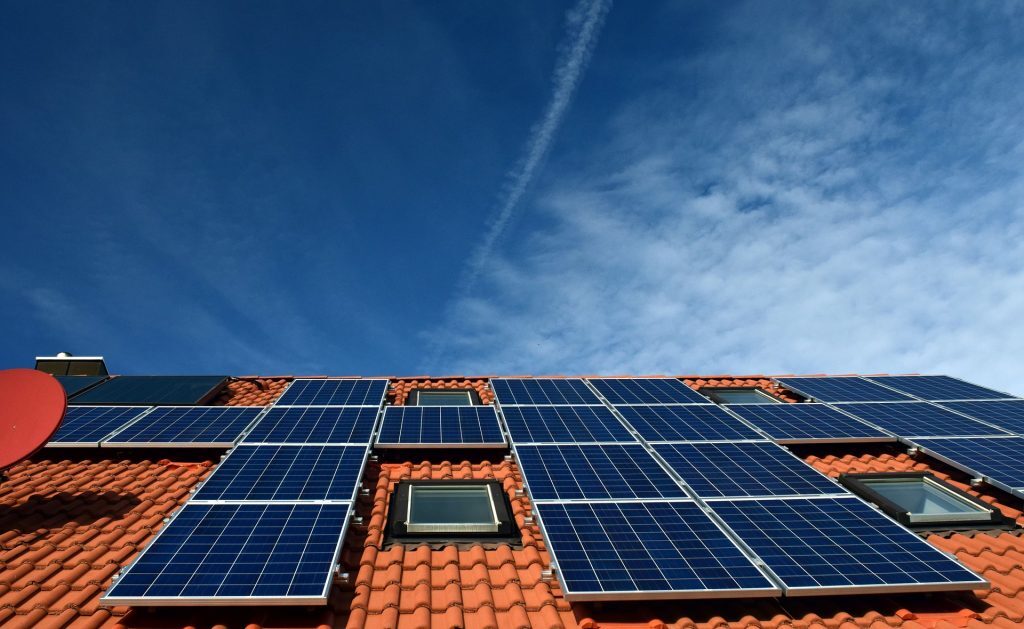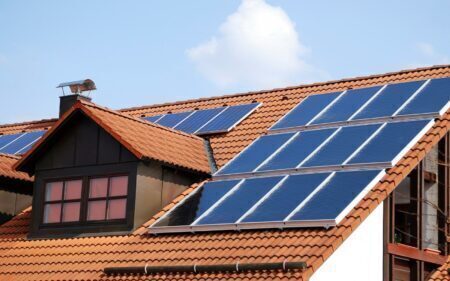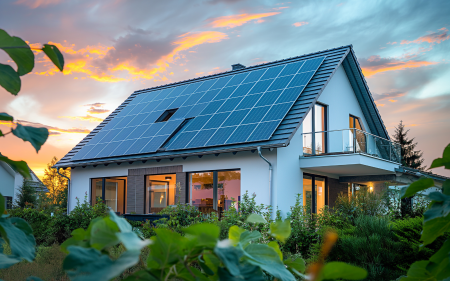“The problem is the batteries are stupid,” a close friend told me 12 years ago about his then highly rare adoption of living off the grid through using solar.
He would later write up his experience for the Mail & Guardian in what became the most quoted article on going solar for nearly a decade, and has what must go down as one of the greatest intros.
“The salesman at the solar power shop told me: ‘You have no idea how stupid batteries are.’ That comment made me wonder about his intelligence, so it took me some time to realise the canny wisdom of this apparently dim statement,” wrote Tim Cohen, who never intended to be a solar pioneer but moved to a Karoo farm where Eskom was “not economically viable”.
When Tim installed solar, the only available batteries were basically deep-cycle golf cart batteries – about 20 of which took up the entire floor of an outside storeroom.
“The intelligence of batteries has been one of the surprising, not to mention irritating, things about living without Eskom for the past year,” he lamented.
Having gone through the painful process of switching to solar, I have my own tale of batteries to relate. Or lack thereof.
Apart from a two-day process of rewiring our electrical distribution board, and making sure no wayward circuits could drain electricity, it was relatively painless.
We chose our solar providers by word of mouth, and chose the company used by my eagle-eyed in-laws. No, I’m not referring to my brilliant mother-in-law, but my father-in-law who runs a successful software business called AIGS. Whoever has something bad to say about their mother-in-law? Certainly not us Jews, who have a specific word “magatenista“ which means “beloved and revered matriarch mother of my glorious wife”.
I’d watched as my in-law’s service provider grappled with their partly-countryside, partly-urban household over the last two years since they went solar. In that period my father-in-law calculates Eskom’s rates have risen 43%.
It took two days to “pack” the solar panels on our roof and then another two days to rejig the DB and troubleshoot.
So at about 4pm last Thursday, Elite Energy’s Adrian Liebenberg declared “you are now on solar”. When we discovered a wayward circuit that was causing the alarm to trip at 10pm, Liebenberg and his brother Chris drove an hour to our house to fix it. That is why we chose this four-generation family electrical business.
Going solar, Chris Liebenberg, warned us is “a process of adjustment” as there are so many various contributing factors, from how much sun that day, to the house’s load (electrical speak for how much your house uses).
“We’re going to be friends for 20 years,” he jokes with all his customers because of this. Anyone who arrives to fix an electrical problem at your house at 11pm is the kind of person you want as a friend.
For us, the most important thing is that the switchover was seamless. There are two tall black steel cabinets in our garage that house three batteries that are light years ahead of what Tim was forced to use a decade ago. These batteries have built-in intelligence, and we’ve over-specified our storage in case of load-shedding and we need extra, unexpected charge. The constant hum is a reassuring sound. As is knowing we’re doing our (expensive) part for the environment.
The most amusing aspect of the installation – for a geek who has been writing about how disruption has changed the world – is that the system controller, the brains as it were, are made by Kodak. It might have imploded as the dominant maker of film but, like everything with going solar, they appear to have found a new lease in a rapidly growing industry. But at least I have intelligent batteries. Sorry Tim.
This article first appeared in the Daily Maverick.




